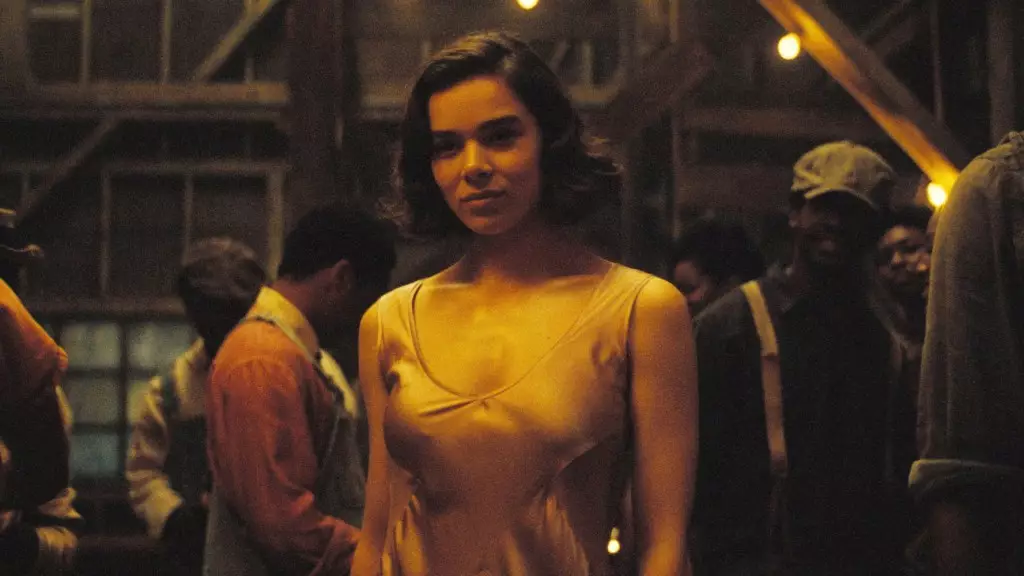In an increasingly diverse world, the need for representation in film has never been more apparent. Hailee Steinfeld’s portrayal of Mary, a multi-racial vampire in Ryan Coogler’s upcoming horror drama “Sinners,” offers a compelling intersection of personal history and genre storytelling that is as haunting as it is enlightening. Steinfeld isn’t just playing a character; she is channeling her lineage and family history, enriching the narrative with a depth that resonates on multiple levels. Her dual heritage—part Black, part Filipino—adds layers to a character that exists outside traditional horror tropes, placing her squarely in the contemporary debate about representation in cinema.
Understanding Family Through Fiction
Steinfeld’s candid reflections about her connection to the role reveal an ongoing internal dialogue that many viewers—especially those from multicultural backgrounds—can relate to. The movie evokes a sense of questioning and introspection, encouraging audiences to confront their own familial ties and historical narratives. “I feel like the least it can do is make an impact on those that watch it,” she says, underscoring an unyielding belief in the transformative power of storytelling. It’s noteworthy that Steinfeld frames her performance as not merely an artistic endeavor but a journey of exploration, honing in on the complex dynamics of race and family.
Moreover, Coogler’s personal story about losing his Uncle James further enriches the film’s emotional landscape. His recollections serve as an antidote to the sometimes overwhelming abstraction of horror. The supernatural elements are not simply gimmicks for shock; they act as conduits for collective memory and grief. Rooted in real experiences, the film goes beyond the conventional ‘monster in the dark’ narrative, presenting a supernatural encounter that encourages viewers to grapple with emotional truths.
The Importance of Authentic Storytelling
What stands out in “Sinners” is its potential to shift the paradigm of how we see horror and, by extension, cinema as a whole. Rather than relying on cliched monstrosities, it invites a narrative that permeates the fabric of American culture, touching on themes of heritage, loss, and the subtext of race. This approach emphasizes that when art is reflective of diverse experiences, it can invoke a powerful resonance within audiences, inspiring them to reflect on their identities while contemplating larger societal issues.
As society continues to push boundaries and evolve, having filmmakers like Coogler and actors like Steinfeld at the helm is essential. They breathe new life into a genre often criticized for its lack of depth and representation. “Sinners” promises not just to entertain but to provoke thought and discussion—an outcome that is vital in today’s film landscape.
Art can be an eloquent reminder of our collective history and the narratives that shape who we are. “Sinners” offers the opportunity for a richer conversation about race, culture, and personal legacies, allowing viewers to walk away with more than just thrills—it’s an invitation to explore the darkness within ourselves and our histories. This film, grounded in both personal and cultural truths, stands as a testament to the fact that authentically told stories resonate louder and longer than one-dimensional thrills ever could.


Leave a Reply